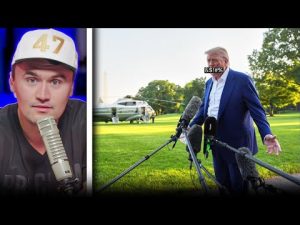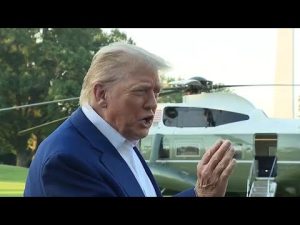In the ever-evolving landscape of international relations, using military power has never been straightforward. Recent events, particularly in the Middle East and the lingering memories from conflicts in Afghanistan and Iraq, have left many Americans wary of further military involvement. However, there’s a growing perspective that under specific leadership, American military might can be exerted both smartly and effectively.
President Trump, according to his supporters, has employed a strategic approach that emphasizes preventing threats before they fully materialize. Imagine, for a moment, the unsettling scenario of rogue regimes with nuclear capabilities. Iran’s ayatollahs, equipped with nuclear weapons, intercontinental ballistic missiles, and global terrorist proxies, could pose an unimaginable risk to global security. Yet, the current administration’s strategies aim to prevent such threats from becoming realities. By leveraging American power wisely, Trump has arguably contributed to a safer world, reducing threats before they escalate.
The Prime Minister of Israel, often likened to Winston Churchill, has taken a somewhat similar approach, demonstrating robust leadership in turbulent times. Churchill, known for his foresight, tried to alert his country to emerging dangers, yet his warnings often fell on deaf ears until World War II was underway. Similarly, some assert that Trump’s actions have preemptively countered threats, securing peace before dire consequences could unfold.
Looking back at history, Franklin D. Roosevelt had aspirations for America to take a proactive role during World War II. Yet, America’s isolationist stance at the time made intervention difficult. It wasn’t until the attack on Pearl Harbor that the U.S. took decisive action. In contrast, today’s strategy, as heralded by proponents of Trump’s policies, involves taking bold stands before being attacked, thereby reinforcing international peace.
Many proponents believe that the world is considerably safer due to the decisive actions of leaders like Prime Minister Netanyahu and President Trump. Their policies, it is argued, have strengthened the bonds between nations that value peace and security. As they garner gratitude from forces of civilization worldwide, it raises the hope that strategic foresight today might be steering us clear of repeating past mistakes that led to global conflicts. While political perspectives may vary, those who champion this approach are unwavering in their appreciation for a method they see as both protective and progressive.







